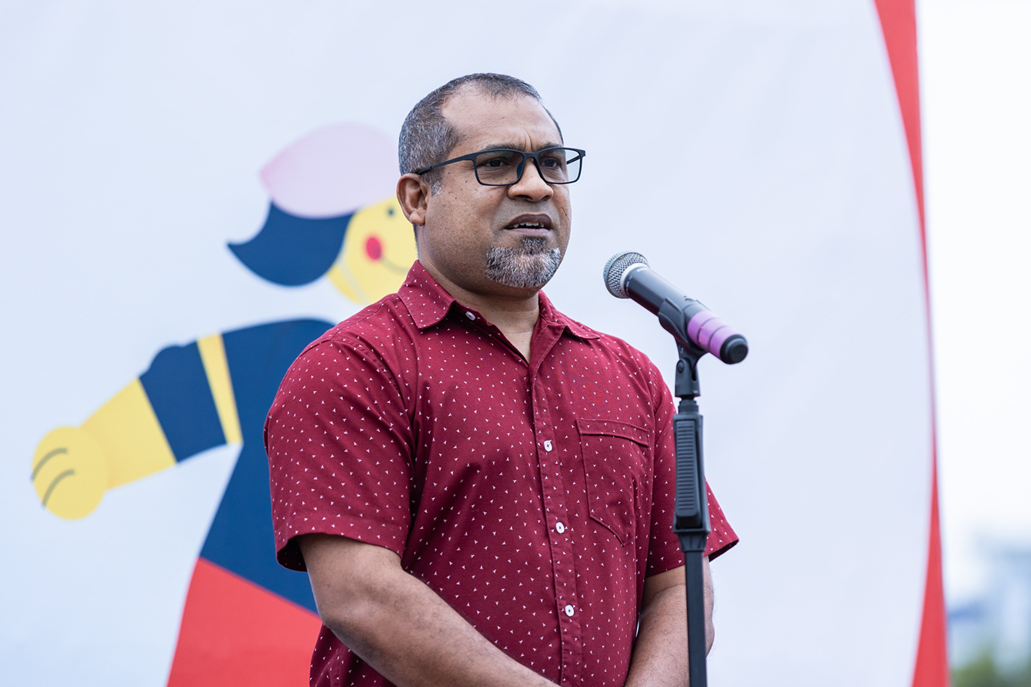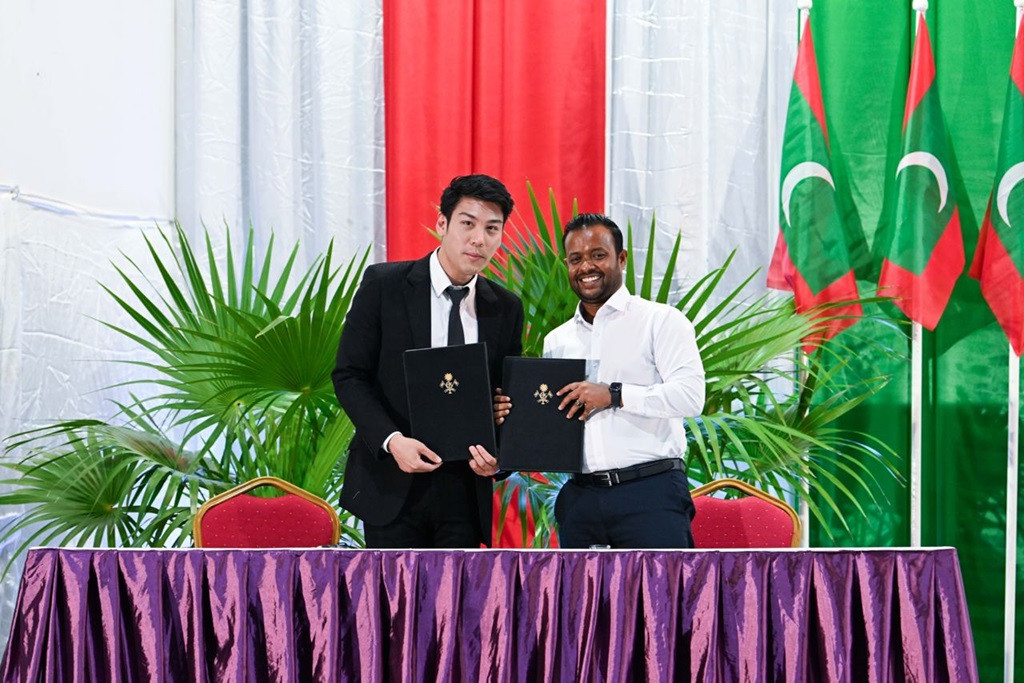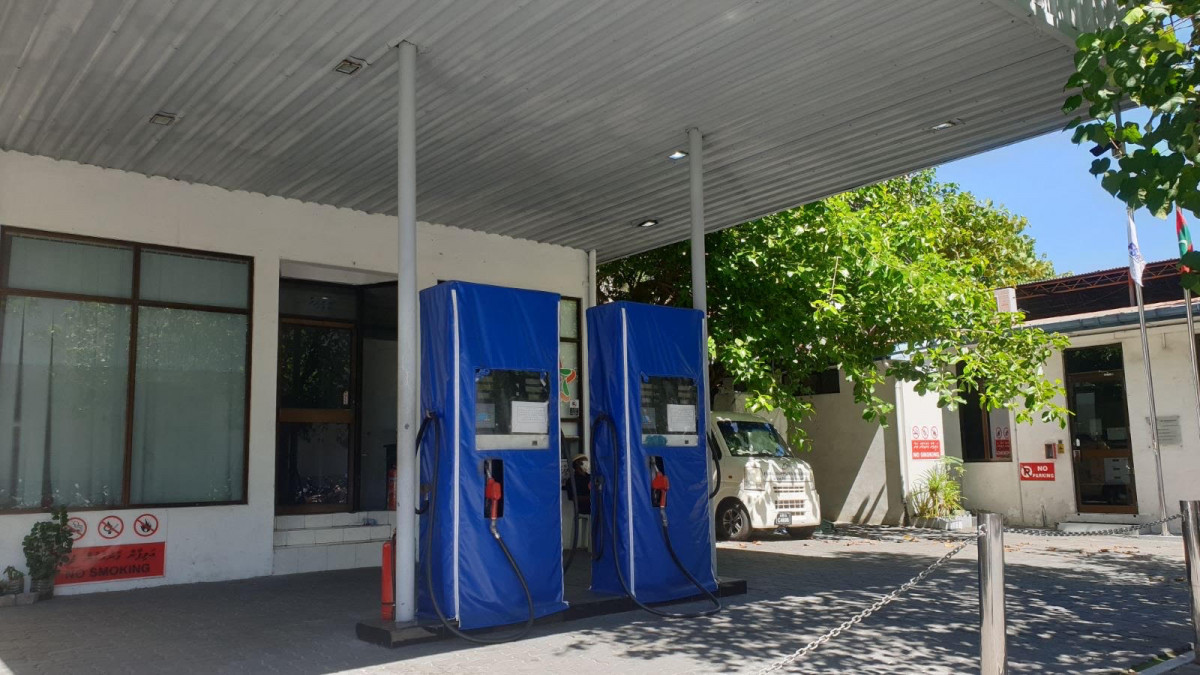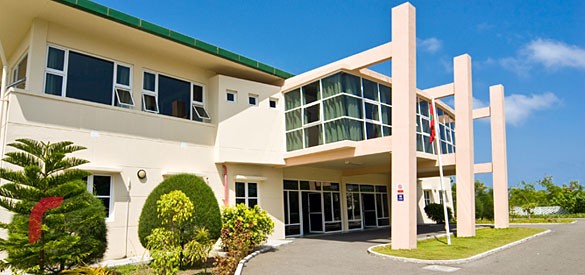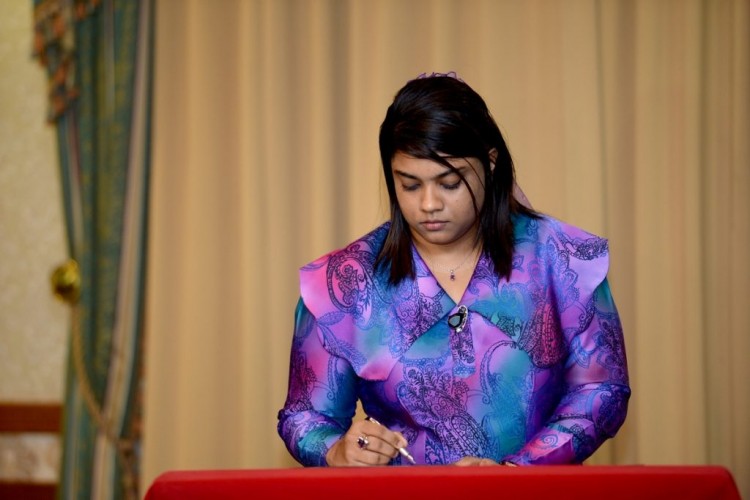Maldives reports 152 new Covid-19 cases, 131 recoveries
The country has been in a state of public health emergency since 12 March 2020

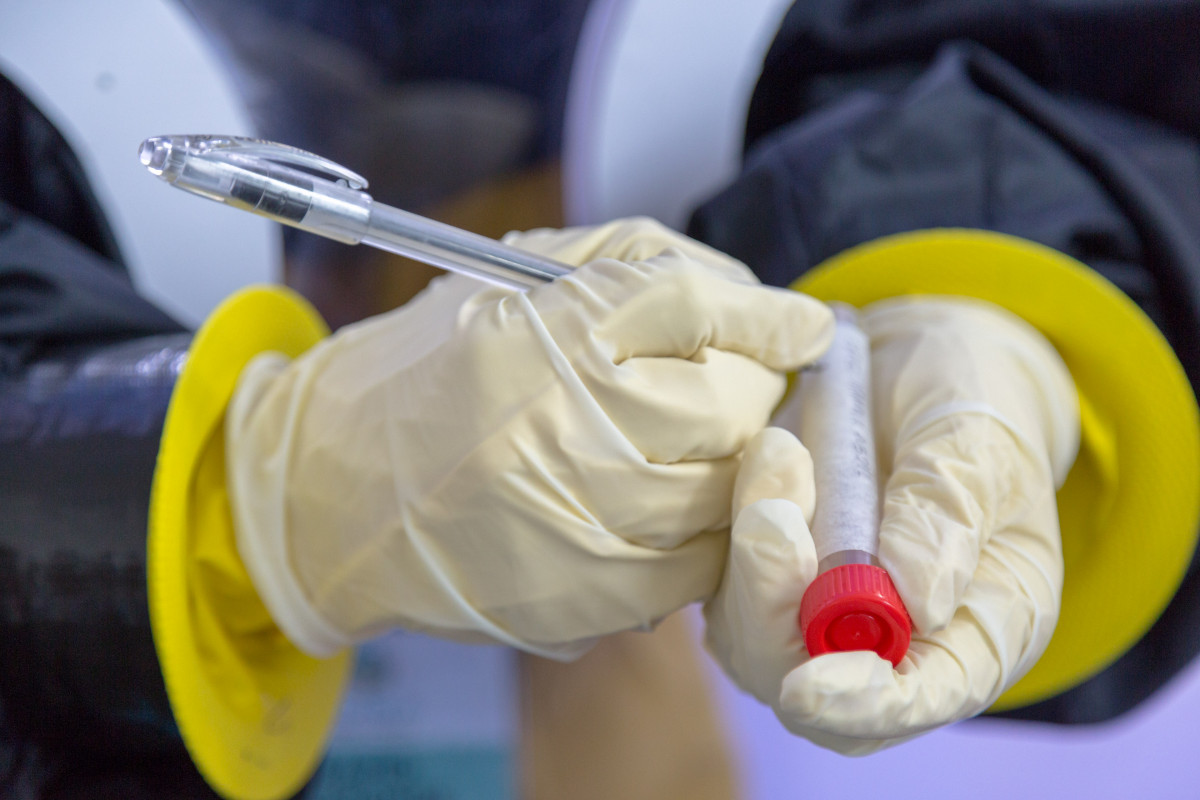
Samples collected for Covid-19 testing
Maldives reported 152 new Covid-19 cases alongside 131 recoveries from the infection by sundown on Tuesday.
According to the latest figures publicized by the Health Protection Agency (HPA) 4,124 samples were tested for the virus between 6pm Monday and 6pm Tuesday.
Of the samples tested, 74 were detected from outlying atolls, 48 from operational resorts, 26 from the Maldives congested capital Malé City, whereas the remaining four cases were confirmed from liveaboard vessels.
By sundown on Tuesday the number of active cases was also pushed to 1,730, which is a rise from the previous day’s 1,709.
Since the Maldives confirmed its first few Covid-19 cases from a resort on 7 March 2020, a total of 81,112 infections have been confirmed to date.
With the additional recoveries reported on Tuesday, a total of 79,143 recoveries have been reported nationwide thus far.
Over the past 24 hours, hospital admissions also rose to 22 from 17.
Last week, four Covid-19 fatalities were reported, pushing the country’s death toll from coronavirus to 226. Maldives confirmed its first Covid-19 fatality in April 2020.
The geographical advantage of being comprised of a scatter of islands initially enabled Maldives to keep tabs on the spread of coronavirus when the first few cases surfaced. Things spiraled out of control after a community transmission was detected in the congested capital on 15 April 2020 to which authorities responded by imposing an immediate lockdown.
Months later, authorities began easing the lockdown in phases, with cases going on a downward spiral. Things seemed to be in control until the new year rolled around and cases began spiraling once more. Since April 2020, authorities have been repeating a cycle of curfews, lockdowns, partial lockdowns and other restrictive measures in their successful efforts to curb the spread of the virus.
Maldives was faced by a fourth and more infectious coronavirus wave in early May, with cases rising to alarming levels at 1,000. With the implementation of stricter measures, cases began declining once again, and authorities introduced further eases to restrictions in early July for the extensive government holidays.
Eases have been doubling with those that have completed both doses of Covid-19 vaccine allowed to travel domestically without the need to quarantine, with a negative PCR test result. However, this is only for islands that have no Covid-19 monitoring measures in place.
Further, from September, restrictions announced for unvaccinated people will come into effect including a ban on public transport as well as on dining in restaurants and cafes. They will be banned from domestic air travel as well. Unvaccinated civil servants will have to take a Covid-19 test regularly to be allowed inside the office premises.
The country has been in a state of public health emergency for over a year, since 12 March 2020. It was extended a 17th time to expire on September 1.
